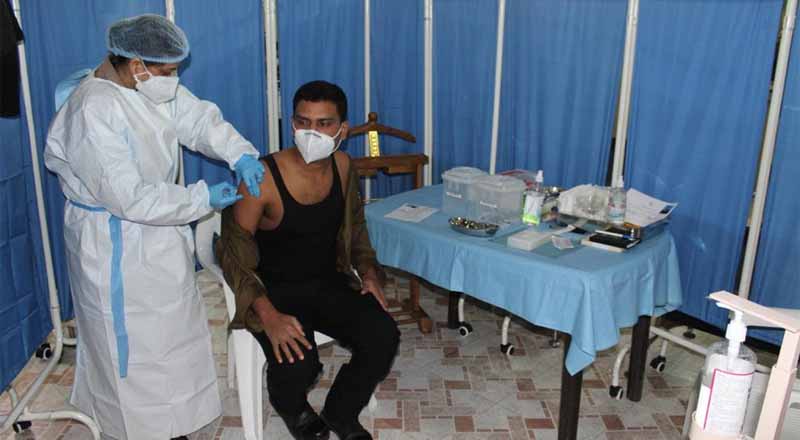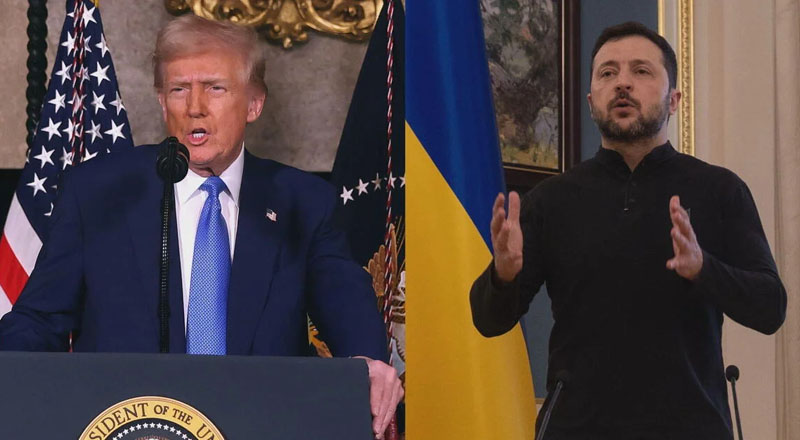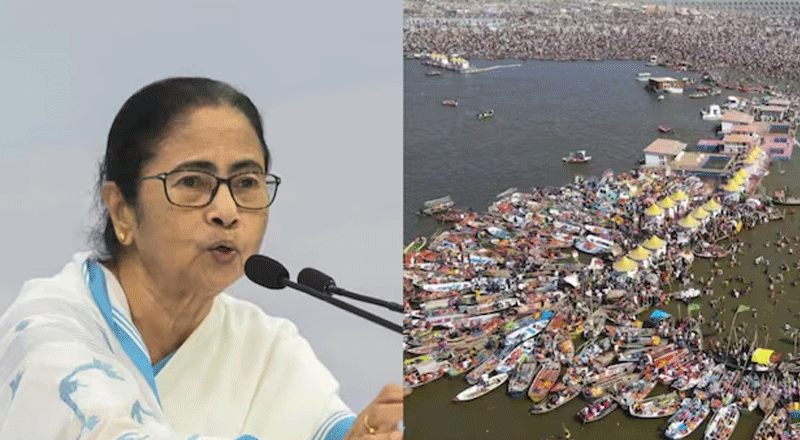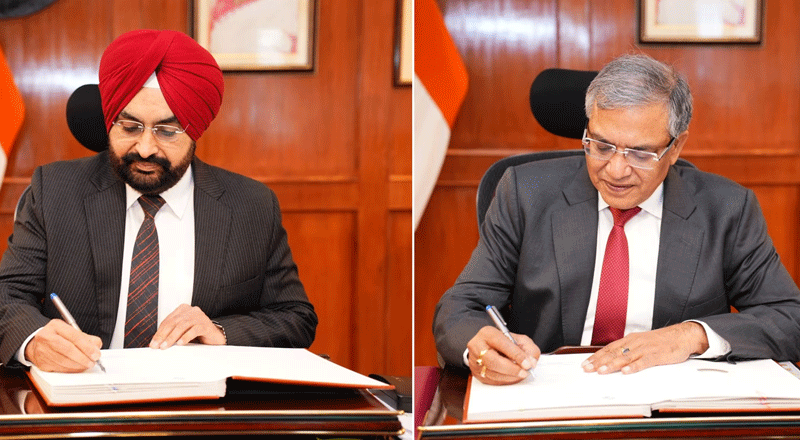Armed Forces Medical Services (AFMS) published the Vaccine effectiveness among healthcare and frontline Workers of Indian Armed Forces (VIN-WIN) cohort study in Medical Journal Armed Forces India, a peer reviewed scientific journal on July 27, 2021. The study highlights the impact of protection against COVID-19 by COVISHIELD vaccine by analysing the effect on fresh infections and deaths. According to the study, there was a 93 per cent reduction in fresh infections and the deaths were reduced by 98 per cent. It is possibly the largest study worldwide on COVID-19 vaccine effectiveness, so far.
Director General, AFMS Surgeon Vice Admiral Rajat Datta, a renowned cardiologist and co-author of the study said, 1.59 million Health Care Workers and Frontline Workers of the Armed Forces were among the first recipients when India launched its vaccination drive against COVID-19 on January 16, 2021. The study was largely conducted on healthy males with few co-morbid illnesses. It did not include children and the elderly. In the Vin-WIN study, authors calculated incident rate and incident rate ration. Vaccine effectiveness was calculated as one-incident ration. Both crude and corrected rates were estimated and adjusted for the force of pandemic, second wave and the changing numbers in the three groups on the daily basis. The study was achieved at no additional cost by analysing available data.
5I2L.jpg)
The DG AFMS stated that the VIN-WIN cohort study was carried out on anonymised data from the existing Armed Forces health surveillance system which had been enhanced for monitoring COVID-19. The surveillance system had data for daily vaccinations with first and second dose, dates of testing positive for COVID-19 and COVID related deaths; which were analysed.
Despite constraints of terrain and location, the Armed Forces had managed to vaccinate over 82 per cent of the target population as early as May 30, 2021. The study was possible due to the cooperation by various components of the AFMS. Armed Forces Medical College, the medical directorates of Army, Navy and Air Force collaborated with DG AFMS to complete the study.
Corresponding author of the study, Consultant Medicine & Clinical Immunologist Air Commodore Shankar Subramanian said the biggest challenge was in dealing with the huge numbers while remaining statistically accurate. As the population moved from unvaccinated to partially vaccinated and then fully vaccinated, the numbers in each group changed on a daily basis. Though the Armed Forces have an exceptional record keeping system, collating and analysing the data was a huge task which involved constant and intense coordination, he added.
This study occurred when the nation was witnessing the second wave of the pandemic. Despite that, the fully vaccinated group which had gone up to 82 per cent of 1.59 million showed seven deaths only. It was gratifying that the combined hard work of so many people yielded a result which gives everyone so much hope, Air Commodore Subramanian stated.





